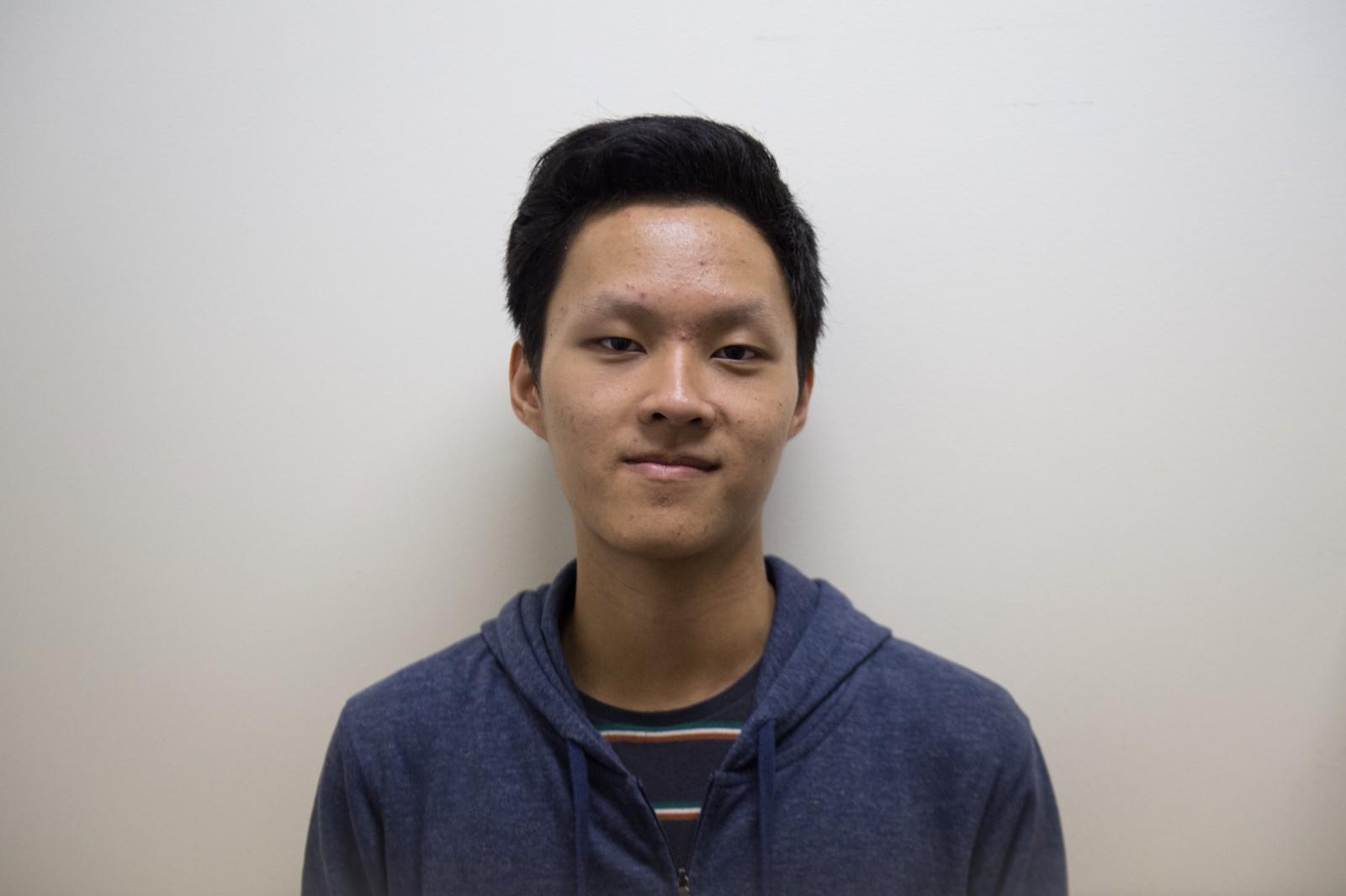Three of my favorite characters of modern-day television are Frank Underwood from “House of Cards,” BoJack Horseman from the eponymous Netflix original and Saul Goodman from “Better Call Saul.”
Perhaps there is a small, sadistic part in us that takes pleasure in seeing good people fail or bad people succeed. Or maybe there is another part of us that feels empathy for these characters — a part of us that believes that, if put in a similar situation, we would have done the same thing.
This is especially relevant in “Better Call Saul,” where we are presented with a character at what is possibly his lowest point in life. He tries to live by the law, but he realizes that by doing so he would forfeit his chances to make it big in the world. Unlike any of the other characters on this list, he does not possess wealth or power to lean on.
Underwood and Horseman, on the other hand, are resourceful characters with dreams of having more, only to find that more is never enough. What unites these three characters is the fact that they are all perfect antiheroes in their own way. Their capacity for the immoral is what brings them together, despite their very different motives.
Some believe in the inherent goodness of humans, but the “guilty pleasure” element comes with these characters’ overwhelmingly bad tendencies.
There is an appeal to what we perceive as a harsh reality: Underwood’s shady politics, Horseman’s critique of Hollywood and Goodman’s pragmatism present an alternative version of what we commonly associate with the right, the just and the virtuous. In this sense, their frank reflection of reality is justified by the relentless and hyperbolic cynicism used to present it.
We know that these presentations are not the truth, yet we cannot prove it because of the characteristic secrecy of the depicted industries. Everything is based on appearance. It would be unfair to say that these shows feed an inner pessimist, but rather present what we do and do not know as exaggerated sketches of the behaviors associated with stereotypes.
When I watch these shows, I feel like I want these characters to keep doing terrible things, for them to stay the way they are. When Underwood murdered Zoe Barnes in the subway, part of me was horrified. But another darker part also cheered. It was something I had anticipated, but never imagined to coming true, which is why I believe we continue to egg the characters on. Part of our enjoyment stems from putting ourselves in the place of the characters about to commit a heinous act, only to feel liberated in the worst possible way. In short, it is cathartic.
I am not evil or immoral, but I enjoy putting myself in the shoes of characters, antiheroes in particular, to imagine what I would do in their situation. I first did this with Rodion Raskolnikov in “Crime and Punishment,” where I was able to guess with remarkable accuracy what the character was going to do next.
I don’t think humans are inherently evil, but I believe that our fascination with evil stems from our capacity for it. We should be disgusted by each of the characters’ decisions, but instead the characters are put into positions where such actions are justified. The moment when we don’t feel disgusted by their actions, when we come to sympathize and understand their situation, is when we realize that these aren’t characters but reflections — foils of ourselves and of our own reality.



















































































































